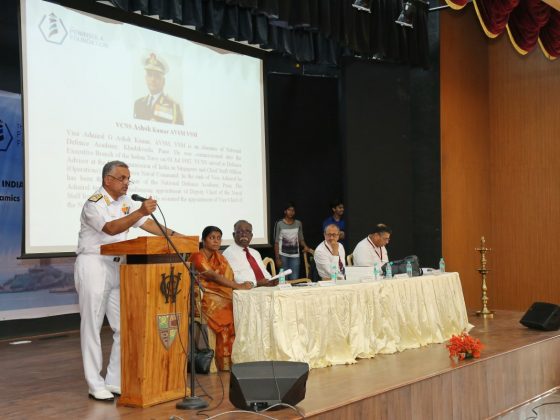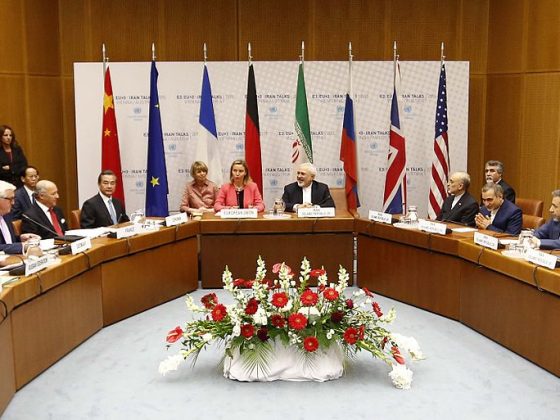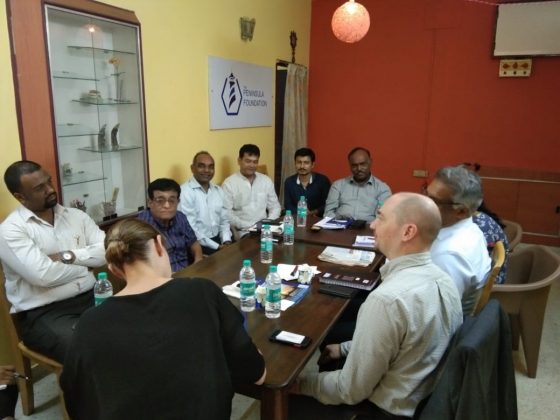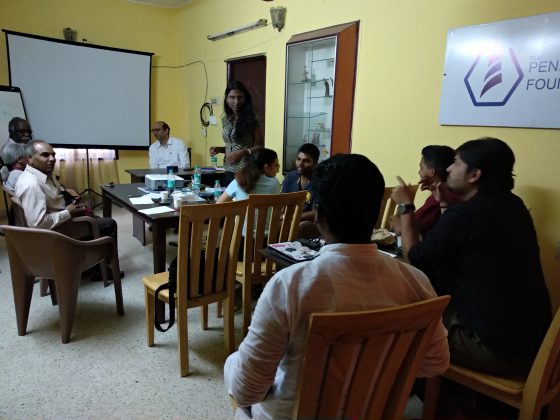Special Guest : Dr Alan J Kuperman LBJ School of Public Affairs, University of Texas, Austin
Dr.Alan J. Kuperman, chair of the Graduate Studies Committee of the LBJ School’s Global Policy Studies program, University of Texas visited The Peninsula Foundation on 5th of August. He was accompanied by Dr D Subachandran, Professor & Dean, NIAS Bangalore who also facilitated the visit. The discussion centred around global nuclear issues with respect to non-proliferation and nuclear safety in the context of plutonium-based nuclear energy development practices. Dr Alan Kuperman’s presentation was based on the results of a significant research program conducted by him under the NPPP (Nuclear Proliferation Prevention Project). The outcome of the project is his edited volume ‘Plutonium for Energy? Explaining the Global Decline of MOX’. His views drew extensively from his book. The interactive session commenced with Dr Kuperman presenting the stages of plutonium, recycling effects and further elaboration on “Plutonium for Energy” as it is the first-ever comparative research project on “mixed oxide” (MOX) fuel – containing both plutonium and uranium – used in light-water nuclear power reactors. The project explores the manufacture and use of such MOX fuel in the seven main countries that have done so: Belgium, France, Germany, Japan, the Netherlands, Switzerland, and the United Kingdom.

Plutonium as the fuel for nuclear energy evolved from the perceived advantages of its closed fuel cycle that would have done away with or reduced the complexities and hazards of having to address long period storage of increasing amounts SNF (Spent Nuclear Fuel) from Uranium-based nuclear (thermal) reactors. According to the study this is a misconception, and he projected that Plutonium is a controversial fuel for three major reasons: Plutonium from reprocessing can be used to make nuclear weapons; it is carcinogenic and so a huge health hazard; and is a very costly process that makes it uneconomical. The main focus of this line of argument was non-proliferation, and the need to make countries move away from plutonium cycle so as to eliminate nuclear weapons possibility, including the possibility of terrorist angle. Participants raised questions about countries like India, which can exploit its vast reserves of Thorium through closed fuel cycle for energy while also addressing their security concerns. The countries selected in the study do not represent a viable model for countries like India and China. Pakistan is already focused extensively on plutonium cycle. Hence, it was pointed out, decision on this issue would be complex for India. One of the primary objectives of the study is also to inform ongoing decision-making in East Asia – including China, Japan, and South Korea – about whether to recycle plutonium for energy.
Donate now and Support Independent Research
Your Support will help TPF in its independent research and enable us to provide you in-depth analysis
Donate Now








